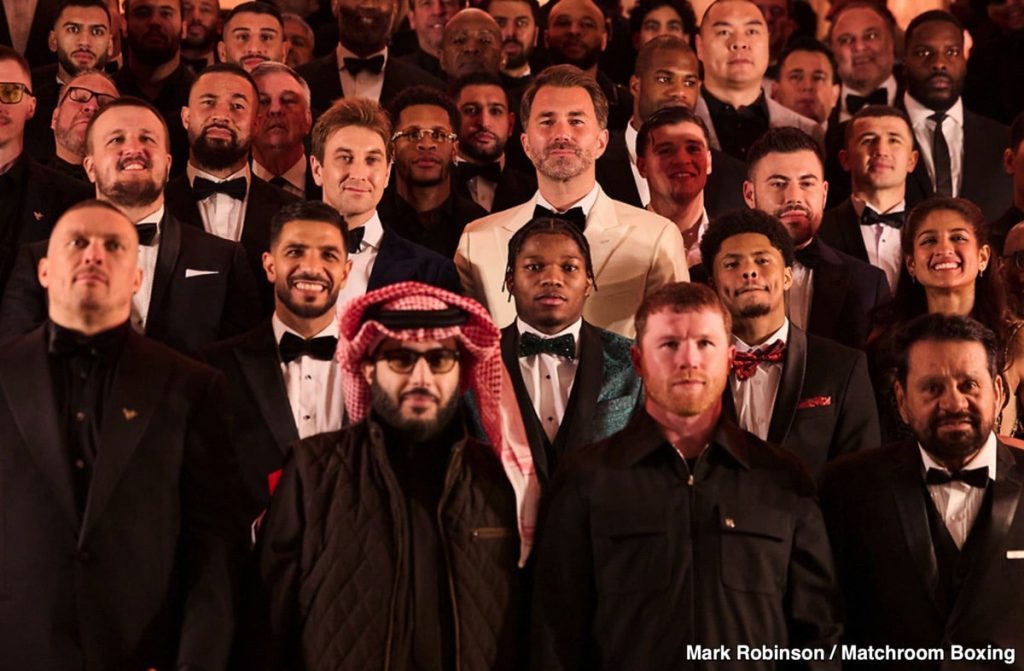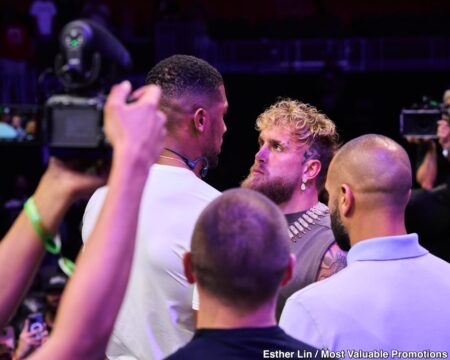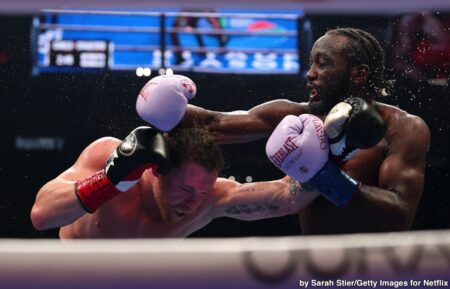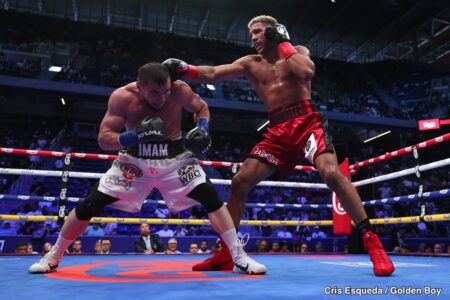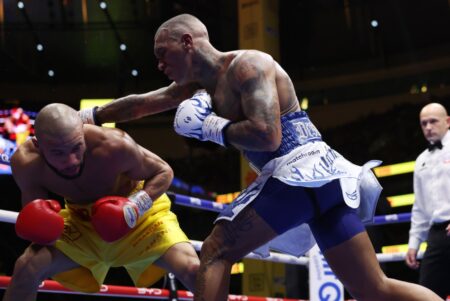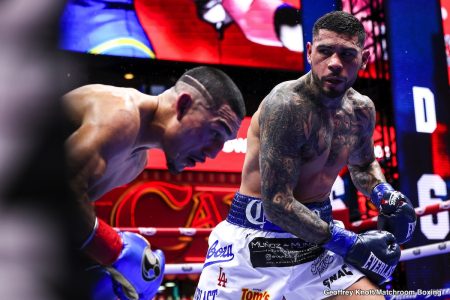The Psychology of Envy in Boxing
In the world of professional boxing, where every fighter is vying for recognition and substantial earnings, envy can be a potent emotion. Turki Alalshikh, a prominent figure in the boxing industry, recently addressed Gervonta Davis’ sharp criticisms, which were directed at the media and Alalshikh’s promotional efforts. Tank, known for his electrifying style and impressive record of 30 wins (28 by knockout), has been openly frustrated by the seemingly preferential treatment given to Terence Crawford, a boxer who has recently signed significant contracts for two high-profile fights against Israil Madrimov and Canelo Alvarez. Alalshikh’s response, while empathetic, highlights the dark side of envy in the sport.
A Cult-Like Atmosphere?
Earlier in the week, Gervonta Davis caused a stir by ridiculing a photograph of boxers attending one of Turki Alalshikh’s events. He described the scene as "looking like some devil s***" and accused the fighters of selling their souls for money. According to Davis, the boxers appeared cult-like, dressed uniformly with bow ties, creating an unsettling image. This outburst was not just a spontaneous reaction but a deeper expression of his dissatisfaction with the way the boxing world operates. Tank’s comments suggest a perception that financial gain has overshadowed the spirit and integrity of the sport, a sentiment that resonates with many fans who feel the same way.
Understanding the Frustration
Turki Alalshikh’s response to Davis was measured and empathetic. "I don’t blame Tank Davis for anything that he says, he doesn’t know me," Alalshikh stated. "If I put myself in his position: if he sees Crawford making in two fights more with five times than all what Tank made in his career. This is a natural reaction from him." Alalshikh’s words underscore the psychological impact of envy in the boxing community. Davis, who has worked tirelessly to build a career and entertain fans, sees Crawford being rewarded with unprecedented financial opportunities, despite a less entertaining fighting style and a resume that, in some eyes, lacks significant quality wins.
Tank Davis: The Entertainer
Tank Davis (30-0, 28 KOs) is a fan favorite, known for his dynamic and engaging ring performances. His knockout rate is a testament to his power and skill, and he has consistently delivered exciting fights. It’s understandable why Davis would feel bitter about Crawford being given the red carpet treatment and paid princely sums. Despite his successes, Davis has not received the same level of financial backing or media attention, which can be a source of deep frustration and resentment. The boxing world often rewards fighters whose careers are perceived as more marketable, regardless of their in-ring entertainment value.
Terence Crawford’s Favoritism
Terence Crawford, 37, has become a divisive figure in boxing. While some fans admire his skill and consistency, many others question his favoritism and the substantial sums he’s been paid. Crawford’s last fight against Israil Madrimov at 154 pounds was a close and contentious one, with Crawford being out-punched and appearing average for the first time in his career. This performance has led to a drop in his stock, and critics argue that his decision to move up two weight classes to 168 pounds to challenge Canelo Alvarez is more about maximizing his financial gain than proving his worth in the ring. The lack of true quality wins and his less-than-entertaining fighting style further fuel the debate about whether he deserves the lucrative contracts he has secured.
The Future of Boxing Promotions
The clash between Gervonta Davis and Terence Crawford, as mediated by Turki Alalshikh, highlights the broader issues in boxing promotions. The sport often prioritizes marketability and financial gain over the quality and entertainment value of fights. This trend can leave talented and hardworking fighters like Davis feeling marginalized and undervalued. Alalshikh’s decision to overlook Davis’ comments and maintain a professional stance is commendable, but it also underscores the need for a more balanced and fair approach in the industry. As boxing continues to evolve, there is a growing call for promoters to recognize and reward fighters who not only win but also provide the kind of excitement that keeps fans engaged and coming back for more.
A Call for Reflection
In the end, the psychology of envy in boxing is a complex and multifaceted issue. While it’s natural for fighters to feel jealousy when they see their peers achieving greater financial success, it’s also important for the industry to reflect on how it values and promotes its stars. Tank Davis’ outburst serves as a reminder that the sport’s integrity and the well-being of its fighters are paramount. Promoters and organizations must strive to create an environment where talent, hard work, and entertainment are equally rewarded, ensuring that the boxing world remains a vibrant and just community for all those who step into the ring.

